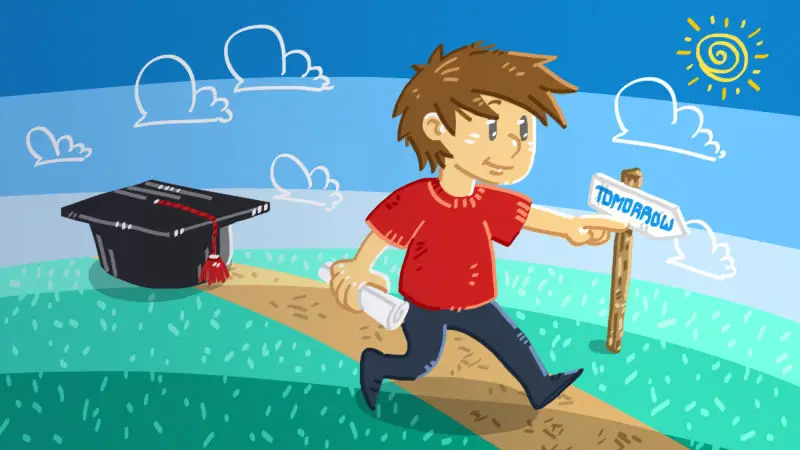With new students joining SNHU, many are getting their first taste of adult independence. The transition from high school to college is often remembered fondly. Students spark connections, gain choices in their education, try different clothing styles, and experiment with who they want to be.
Yet, how much do students change the moment they gain independence? Does their self-expression reflect previous expectations? Or do they have the freedom they need to finally be themselves?
“At home in the beach town where I lived, there were only two categories of who you could be— beachy girl or a skater boy; there wasn’t anything in between. You would often be treated off for not conforming to one way or another,” said Macaroni Weiss (’24).
Many students are stuck in a box due to the expectations of their families, school system, employers, or societal norms. Unable to explore the possibilities for themselves, the LGBTQ+ youth have been forced to mask (i.e. hide, or reshape) themselves in order to survive in a world that isn’t as accepting, or educated, of the battles faced.
“I’ve learned that most of my life I’ve masked, or conformed, to make people comfortable, ignoring my own boundaries because they don’t make sense to people,” said Weiss. “Now that I’m on campus, I’ve started to dress much differently. [I was able] to find and become friends with people who understand gender and sexuality the way I do; it’s incredible. It feels like I finally have friends who are friends with me, not with the idea of me.”
Meanwhile, SNHU has provided a supportive and non-judgmental environment for students to experiment with what makes them happy.
“I’ve been able to express my gender so much more than at home, [and] because I was constantly at work, [it] limited my attire,” said Taylor Snow (’26).
Many students have expressed how much more they have learned about the LGBTQ+ community before coming onto campus. Allies can come forward to support their peers, and students can educate each other on their preferred pronouns and self-identified labels, as well as issues affecting the LGBTQ+ community.
“The biggest aspect of my self-exploration journey has been evolving and getting more comfortable with my appearance,” said Snow. “My queer friends have helped me evolve the most since arriving on campus.”
Students can talk about queer history, or their experiences with homophobia/transphobia, without worrying that the mention of such issues will make them a target. Education about the LGBTQ+ community can become normalized within the on-campus community, allowing students who’ve already gone through their self-exploration journey to learn more about terms and labels that could apply to them.
Finally, they can learn that labels don’t define them, and simply embrace who they are.
“I am more able to experiment without being questioned by my family,” said Snow.




